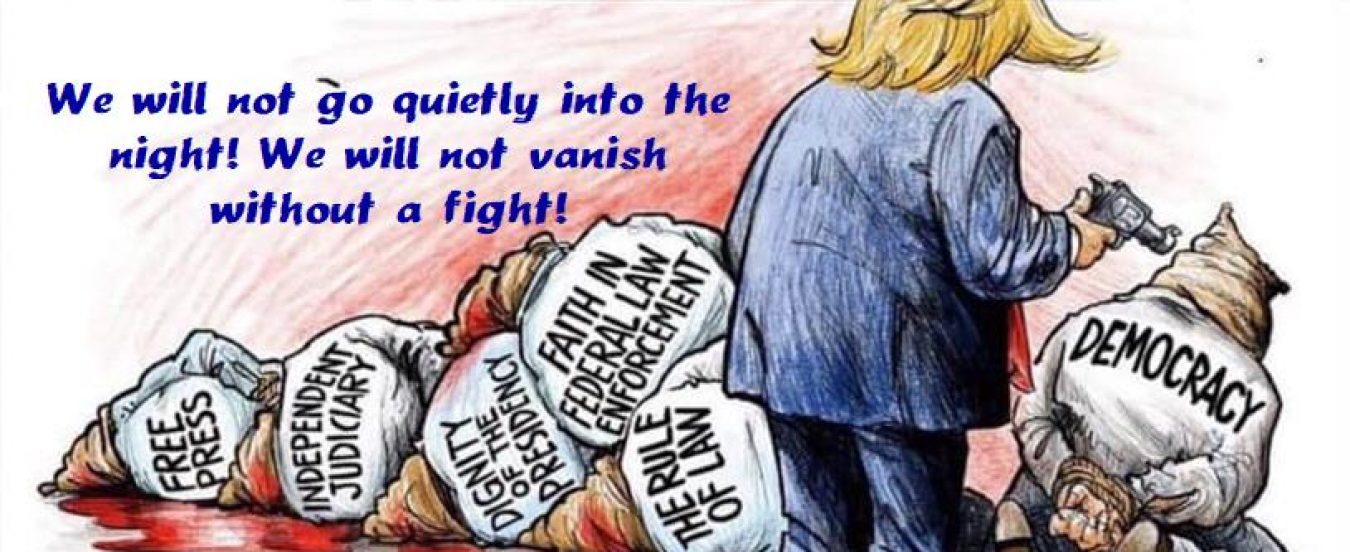Here in Duncan we had what looks to be a close call. All gas users were asked to curtail consumption – lower thermostats 5 to 10 degrees during the worst hours. As there was no ice or strong wind the electric power lines remained intact. And our interconnection for electric power through the Southwest Power Administration high voltage electric transmission lines was so good to have. We had good luck, good planning, and no doubt, good management during that storm to bring us through. It didn’t have to work out that well.
Americans are retreating to partisan and cultural corners instead of trying to solve problems we are encountering in more situations in need of luck planning and management. The collapse of the Texas electric grid is the one in the headlines now. The irregular preventive response to COVID during the past 12-months is another.
Around about 1840 a French tourist touring the United States of the time observed that steamboats on American rivers frequently exploded, scalding and killing crew and passengers and sinking the boat. He commented that such steamboat explosions never happened in France, or were very, very seldom. He said in France the national government regularly inspected steamboat boiler systems to ensure compliance with French government standards designed to prevent explosions of steam boilers in river boats. Meanwhile, in the United States, steamboat safety was loosely regulated by states and those steamboats were constantly on the move between states. So in effect, American steamboats were unregulated for boiler safety.
A rational person might think the owners and crew of steamboats, and even the passengers and shippers utilizing the steamboats would look to their own safety and protection of their own property from loss such that market forces would drive unsafe steamboats from the market, each bad experience enhancing caution until boat owners who were not able to assure safety had no business. But such was not the case.
All that assumes all involved are able to judge the safety of a steam boiler system. A human capacity not needed before the high-tech of 1840 came into common use.
The explosion hazard of American steamboats in 1840 was unnecessary, as the danger was well known and a mostly effective remedy was known as well. Yet, at the time, Americans chose not to implement the remedy. It was too big a task for the federal government of that time to attempt and, likely, it was not a task that occurred in the mind of any in authority. Today, the barriers to effective remedies are higher.
As Americans are retreating to partisan and cultural corners instead of trying to solve problems, we are encountering more and more situations that parallel the hazard of American steamboat travel in 1840. The collapse of the Texas electric grid is one in the headlines this month. The irregular, botched preventive response to COVID during the past 12-months is another.
All three of the problems mentioned were caused by change. Not steam boilers, not steam explosions. To population concentrations connected by air travel, COVID creeps around the world at the speed at which the Black Death came. Now, thanks to global warming, the bitterly cold air trapped by the Polar Vortex stays confined far to the north. Technology, population, travel, global warming—just four changing factors that can create problems, some deadly, for us to deal with.
How are we going to approach those challenges? Some might structure a question as shall defer to expert advice and submit to federal regulation? 0r might we best use our own judgement? Not a clear call at every time and place, but one that has always been biased by human nature toward the path of the least resistance or smaller cost, and a call that has been muddied by partisan and cultural biases—biases that are intensifying in segments of our population. Biases that are intensified when national leadership declares the problems difficult to handle as hoaxes, as non existent.
The Texas electric system collapse is a product of deregulation. In retrospect, the choice of Texas (except El Paso) to cut loose from national power grid connections and federal rules at the same time is the enabling act. The wide spread marketing of electric power on price competition with minimum oversight is the killer action. Those who told Texas leadership that the cold outbreak of 2010 was the likely harbinger of winter weather yet to come were scoffed at, ignored.
The Texas electric power system became like an 1840 steamboat – rolling on the river – until it exploded.
Across the whole nation the response to COVID preventive measures has been worse than any steamboat explosion. The death count not actually comprehensible. Wearing a mask when near others became a resistance to unreasonable and nonsensical oppression. The phantom virus being exhaled in colorless orderless gas by infected persons without masks. No one knowing how or when they might be infected or, worse yet, infecting others. Its so easy to disbelieve, a hoax—especially when there are competitive opinions in the media and from the mouths of national leaders—so easily was the virus spread more widely and quickly than need be.
What is next for this deregulation reign in Texas? Will they rebuild and repair to near federal standards while rejecting interconnections? Or will they rebuild and repair to federal standards and interconnect to the national grid? Surely they won’t carry on with that live-free-and die electric system policy.
What ever path forward those Texans choose, we in Oklahoma need to be always aware of our biases, not letting hate of government regulation and disrespect of expert advice muddy our thoughts and foreclose our selection of best practices to deal with developing hazards.
| Jim Holland |
